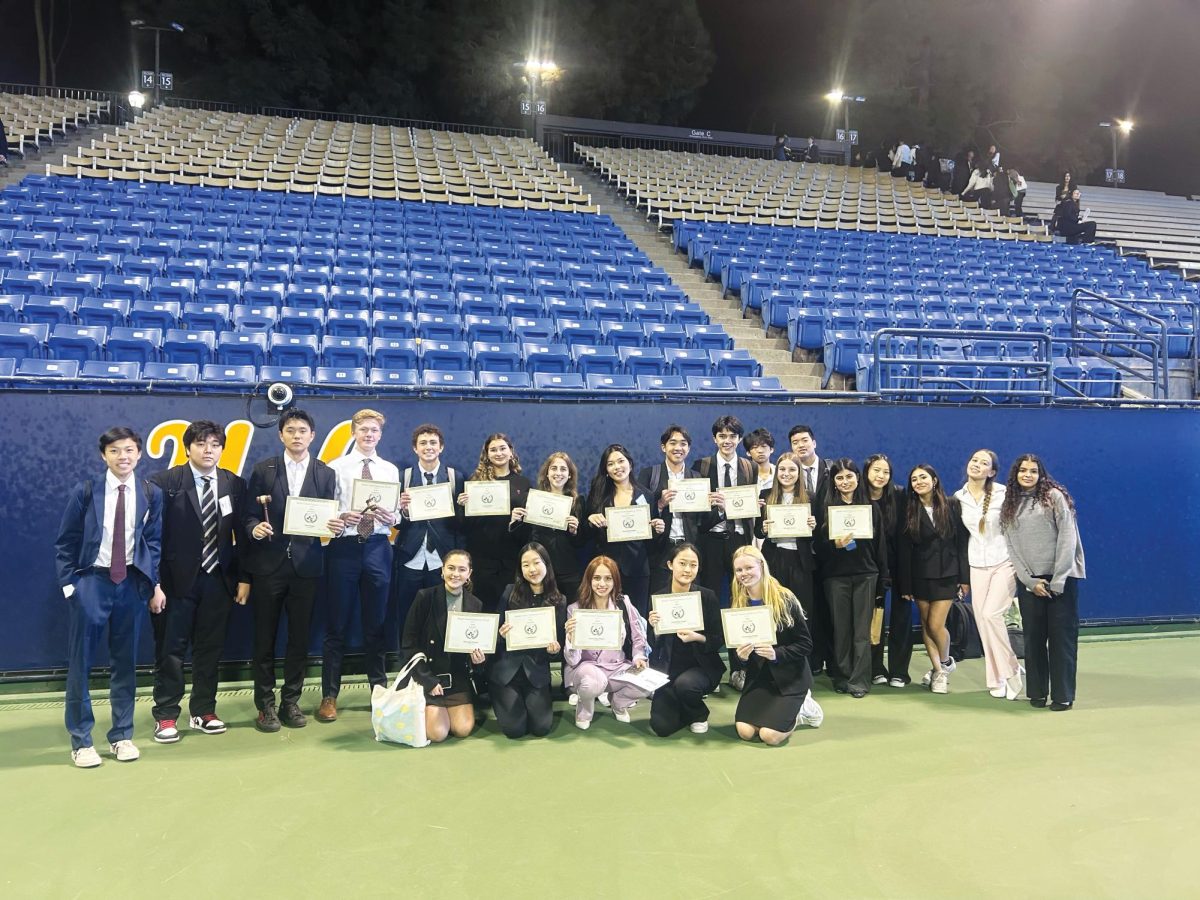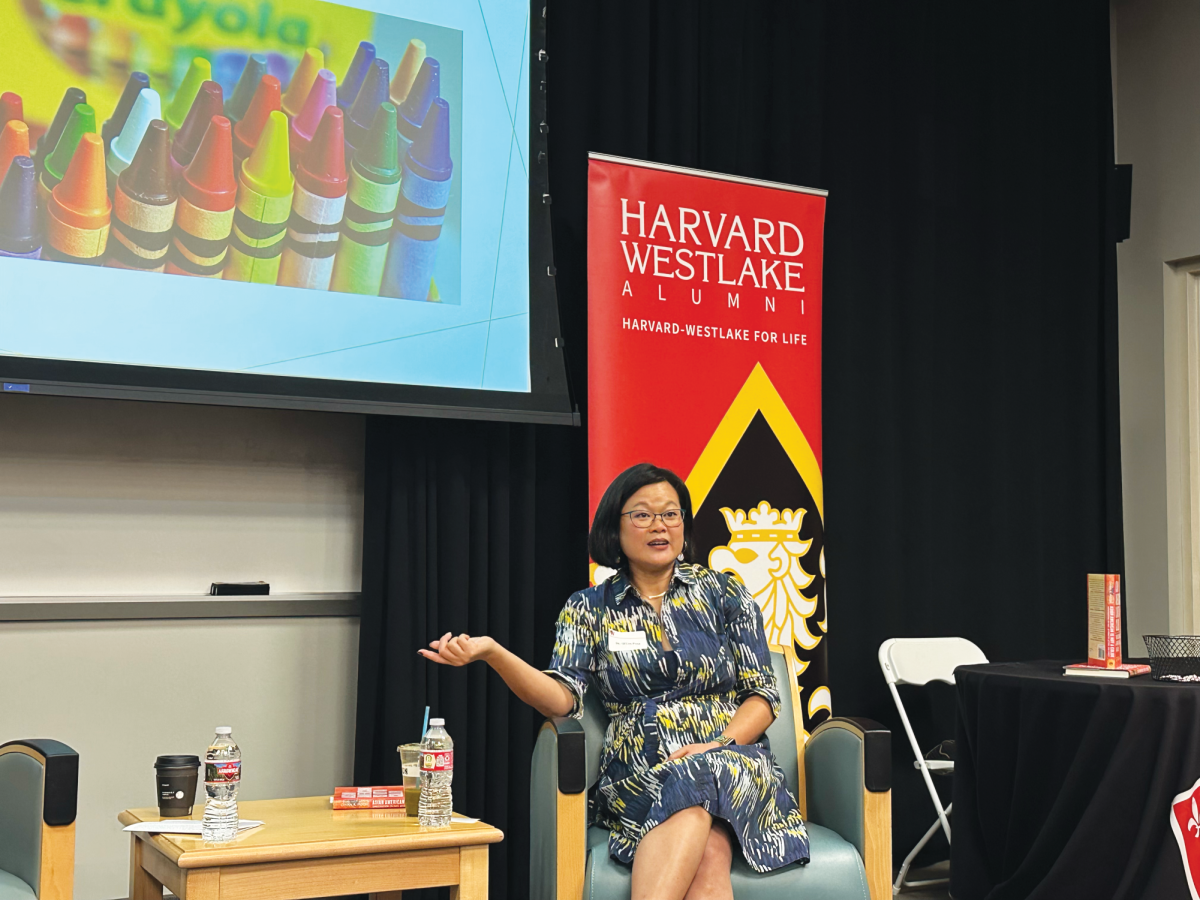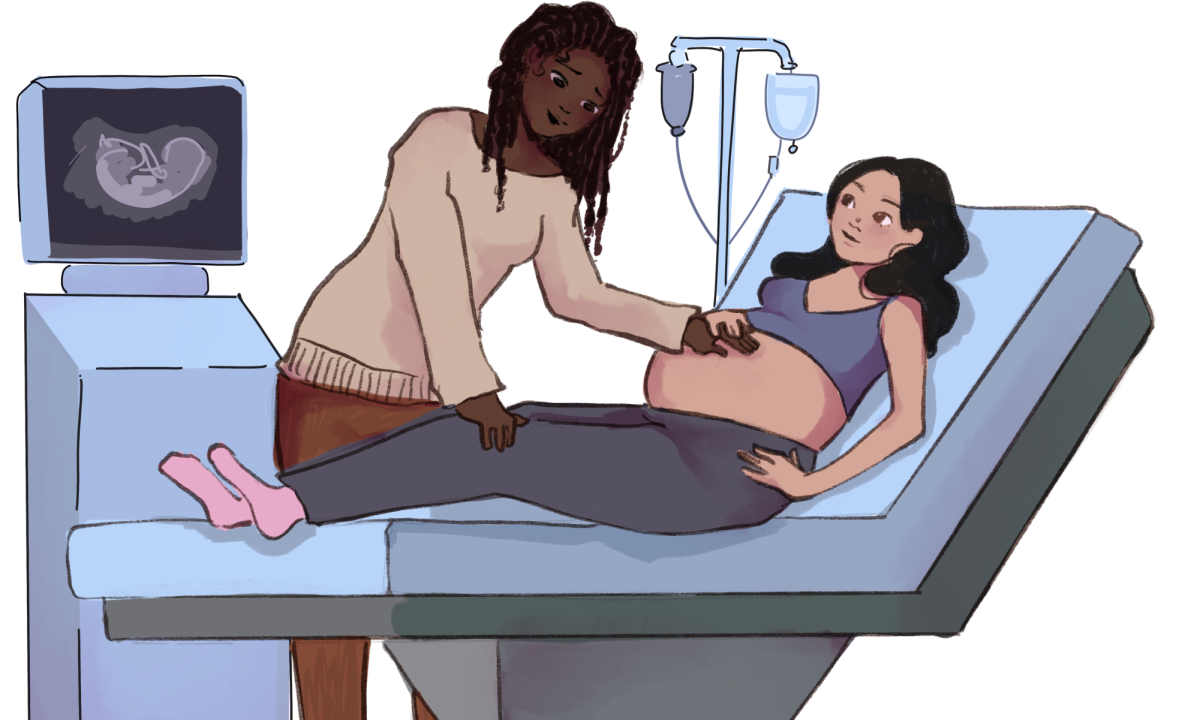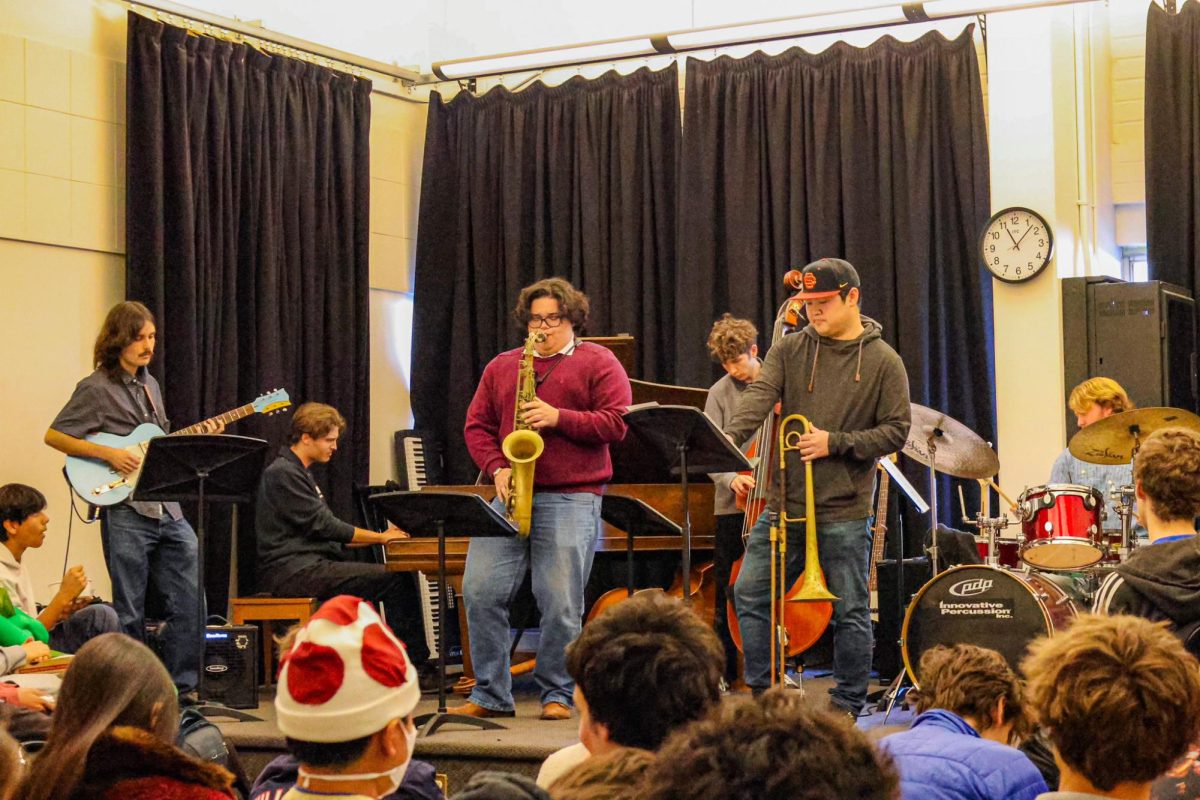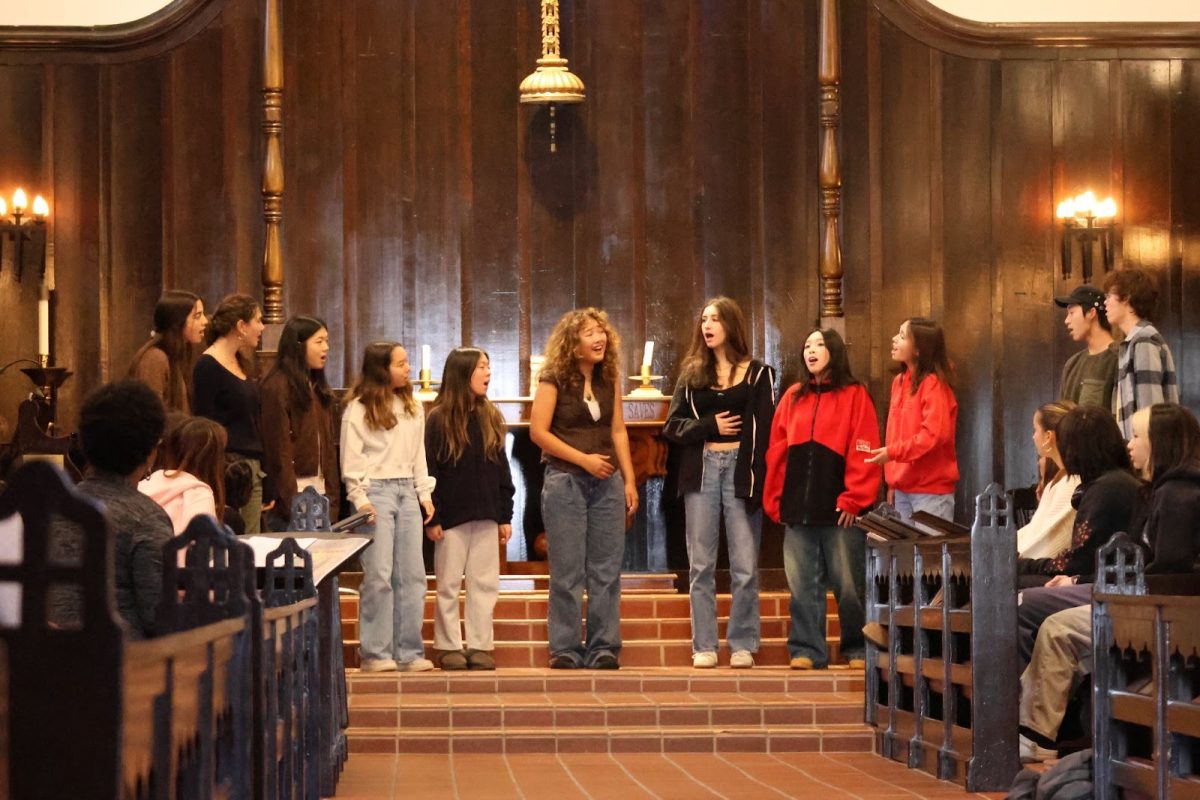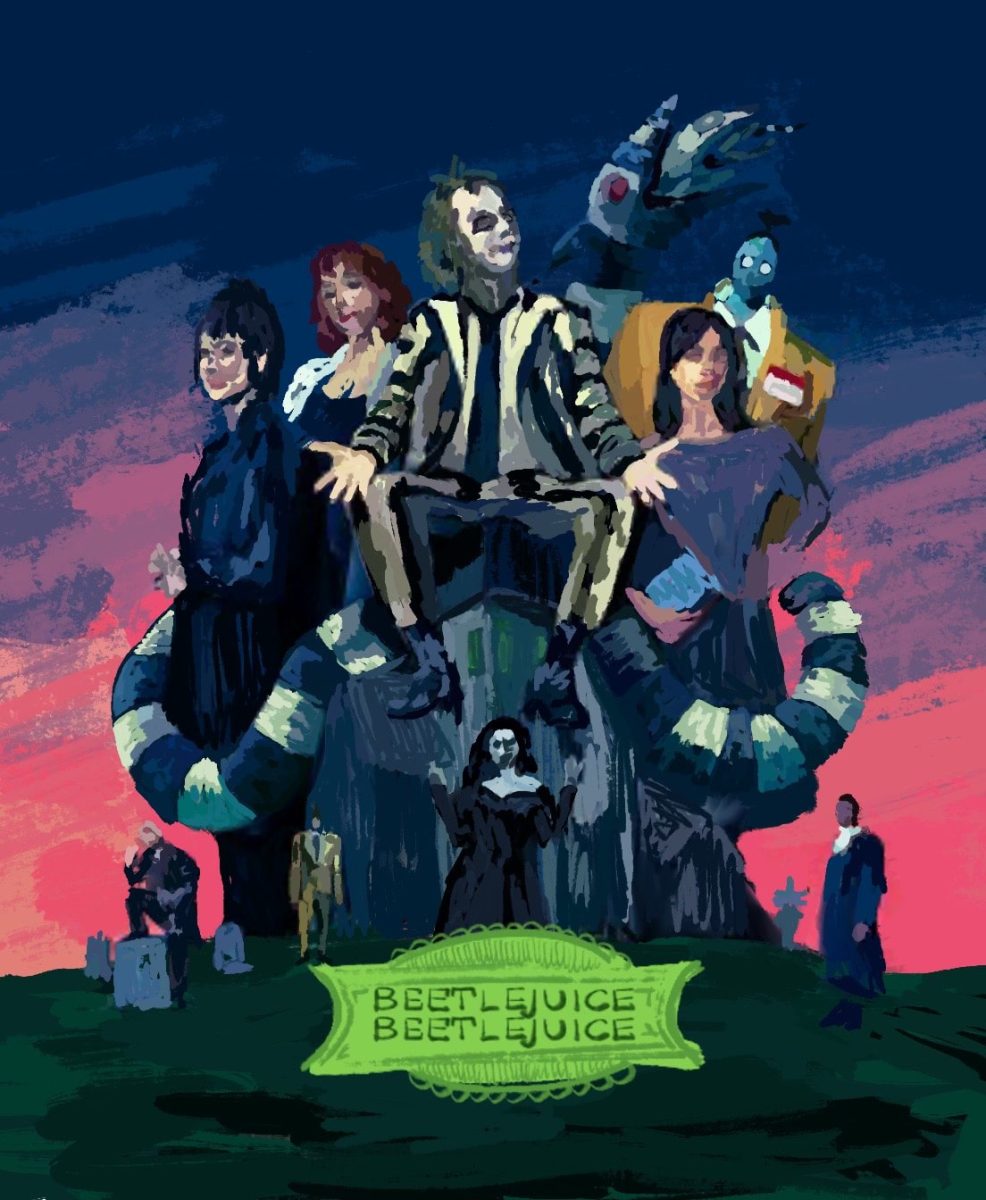It was the 1990s, and the economy in Ecuador was failing. People had to carry bills worth millions in their wallets as monetary values in the country quickly decreased.
Entering data in a very old, very large, very nineties computer at a credit union in his hometown of Quito, Ecuador, Johnny Salazar, now bus driver for Westchester 1 Upper School, knew he had to get out of the country. He wanted to go to America, where one dollar equaled 25,000 sucre, so he applied for the Visa Lottery, a United States government program where each year 50,000 randomly selected people are awarded a visa to the United States.
Salazar hit the jackpot and won a visa, and so, with his wife Ingrid, his son John and some money from his parents, he left his old life in Quito, the City of the Heavens, to start a new one in Los Angeles, the City of the Angels.
Upon arriving in America in 1996, Salazar spoke no English and had no significant job experience outside of his data entry job, so he started to work at a factory, an environment where everyone spoke Spanish.
After working at the factory, Salazar began to drive a laundry van for a movie production company, taking the actors’ clothes to and from the laundromat. He applied for the job because he knew it would not require much language skill. Salazar later switched to operating semi-trucks.
However, he quickly tired of the constant physical strain that came with loading and unloading the truck’s cargo, so, in 2000, he quit his job as a truck driver and decided to drive school buses for Atlantic Express instead.
He started his career at The Archer School for Girls and Crossroads School before being assigned to drive for Harvard-Westlake at the beginning of last year. He has also driven for a few public schools, but didn’t like it because, he said, the kids were not very respectful of the driver.
From the day that he began work at Atlantic Express, Salazar has gotten up at 4:30 a.m. every day to get downtown to the bus depot from his house in Norwalk for his 5:20 a.m. check-in time.
“It is just part of the job,” he said, “I pick up a cup of coffee and go to work.”
Between drop-off and pick-up from school, Salazar, unless he is assigned to drive for a school field trip, has the middle of the day off, a time which he uses to cook, plant and watch TV.
Salazar has since learned to speak English from the bits and pieces that he has picked up on the street and from watching television.
He has also had two more children since in America: Melissa, a 15-year-old student at John Glenn High School in Norwalk, and Kevin, his 12-year-old son who attends Corvallis Middle School in Norwalk. Two more additions found their way into the family as well: Choo-Choo, a Maltese, and J-Lo, a schnauzer, the family dogs. The kids named them, Salazar said.
Last year, Salazar stopped driving buses for school field trips on weekends because “those days are for my family,” he said.
Salazar’s real passion is computers, a love that was cultivated at his data entry job at the credit union he used to work at in Ecuador. Salazar misses his old job.
“It is nice to work in an office,” Salazar said of his previous job at the credit union, but he still has a few computers, which he fixes in his spare time.
“At some point in your life, it is not important what you wish you want,” he said. “Sometimes you have to choose between what you want and how to feed your family. I am not rich, but I can live without stress.”
“I like it here,” Salazar said about his job driving for Harvard-Westlake.
He said that he plans on staying in Los Angeles and on the Westchester 1 Upper School bus route for a long time, sitting quietly as is his way, while he expertly maneuvers through the traffic first on Sepulveda then on Beverly Glen, speaking only when he arrives at 3700 Coldwater Canyon, where he utters a soft, accented “Goodbye” to each of his passengers, students exiting through the bus’ double doors to begin their day at school.

